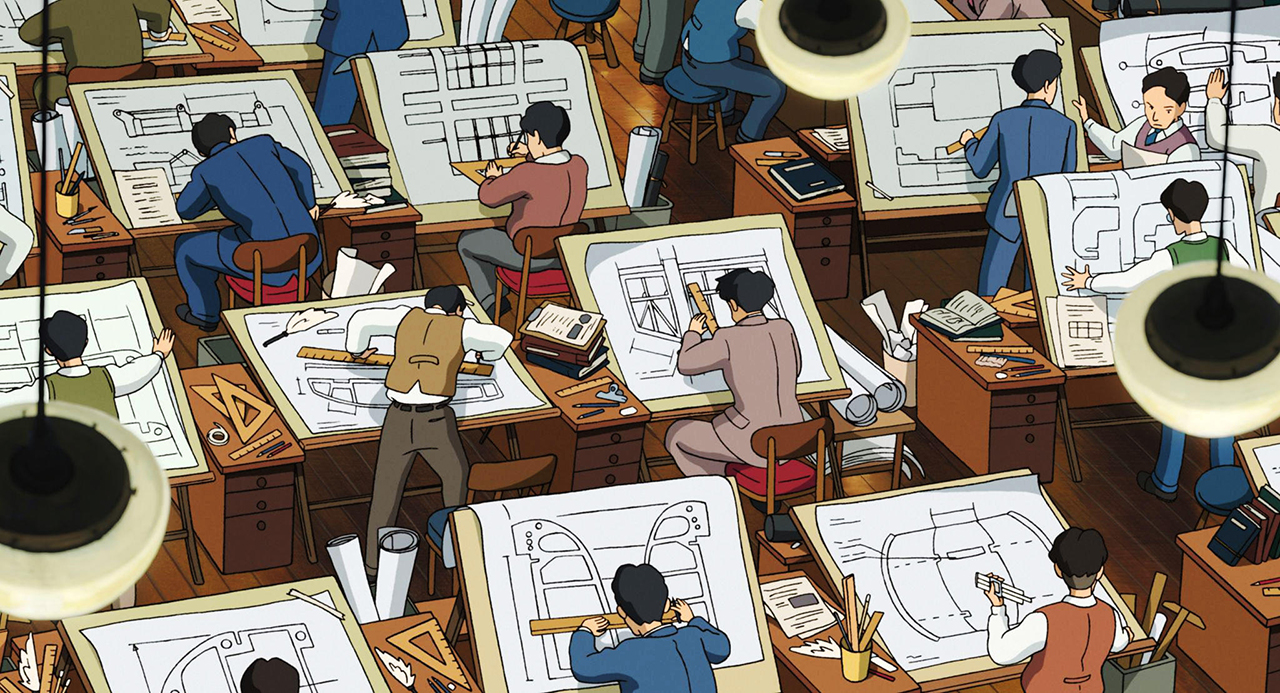AI imitations could never replace the art of Studio Ghibli
Spare a thought for Hayao Miyazaki, the 84-year-old Japanese anime director and co-founder of Studio Ghibli, which has produced such hits as My Neighbour Totoro and Spirited Away. After decades spent honing his craft and meticulously making his hand-drawn films, frame by frame, Miyazaki discovered that his distinctive style was suddenly reproducible via a new image generator that OpenAI released as an update to ChatGPT last month. Such was the spike in demand that the platform saw one million new users in an hour; OpenAI’s CEO, Sam Altman, whose own profile photo on X has been given a Ghibli-style makeover, said that he had to plead with users to slow down to give his staff and servers a little respite.
Some fans are up in arms, exhorting others not to share Ghibli-esque images. And while Miyazaki hasn’t responded directly, he said in 2016 that he considered images created by such technology “an insult to life itself”. His son Goro recently said that though AI-generated anime films are inevitable, creators such as his father were “irreplaceable”. However, he acknowledged that young Japanese animators, already in short supply, are unlikely to be drawn to the manual labour involved in making a Studio Ghibli film.

On the surface, ChatGPT can seemingly do a decent Ghibli imitation. But there’s no depth to its approximations. They reveal nothing of the experiences that inspired Miyazaki, who was born during the Second World War and grew up in the tough years that followed. They also say nothing about his pacifism or the darkness that stalks even the cheeriest of his films – which often contain themes such as environmental destruction or motherless children. Miyazaki is a man who shuns the usual publicity rounds and he didn’t turn up to collect either of his two Oscars, the first in 2003, because he “didn’t want to visit a country that was bombing Iraq”. The idiosyncrasies of the man and his films are reduced to a “look” that wouldn’t exist without his lived experience. Where does that leave the animators of the future?
Where the law is concerned, it’s murky territory. OpenAI doesn’t allow images to be generated in the style of individual living artists but, it says, “We do permit broader studio styles.” In other words, something in the style of Miyazaki isn’t acceptable but something in the style of Studio Ghibli is. I needn’t have to explain how legally perverse this is.
“Art just became accessible,” one user of the AI Ghibli treatment posted on social media – as though access to Miyazaki’s craft was a right and the computer-generated clones represent the democratisation of art. But these forgeries – whether born from inspiration or imitation – cannot capture the work and labour of the originals. Animators will do well to remember that.
For more on AI in the animation industry, click here. Wilson is Monocle’s Tokyo bureau chief and senior Asia editor. For more opinion, analysis and insight, subscribe to Monocle today.



